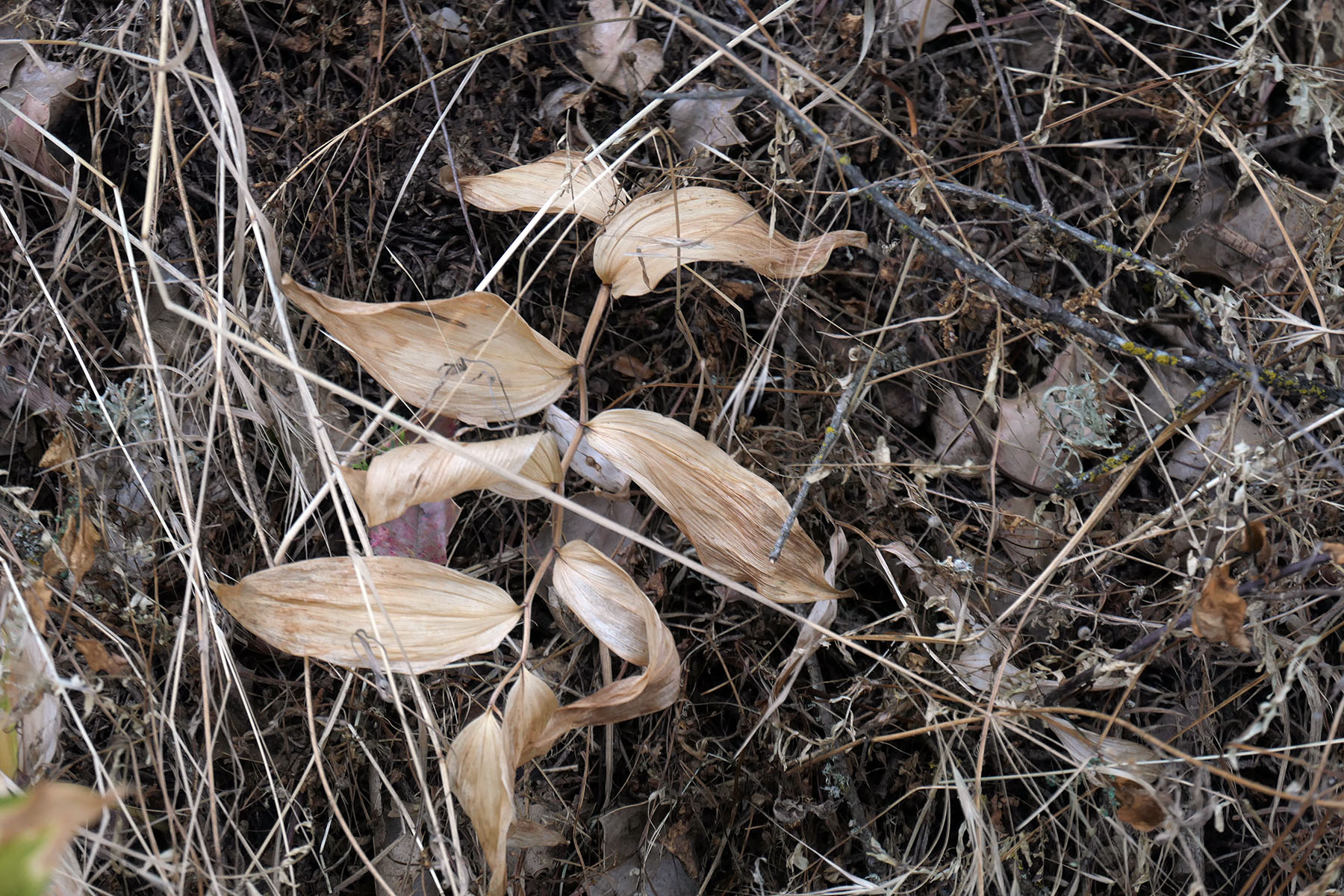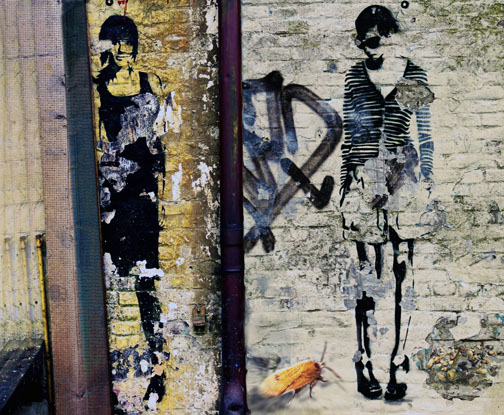During the days of apocalyptic heat I vegetated on the sofa in the basement, reading books on my Kindle. Nothing too demanding, given the melting brain. One was A.S. Byatt’s elegant, lyrical re-telling of Nordic myths of the past, Ragnarok – The End of the Gods, set in Great Britain during the second world war. The other was fantasy writer Elizabeth Knox’s passionate weaving of an alternate reality, The Absolute Book, centered around the preservation of language, books and libraries as a tool for knowledge acquisition. Both melded history with reality, envisioned futuristic possibilities within or outside of reality.

Both have found high acclaim (Byatt here, Knox here) which is why they landed on my lap in the first place. I have, as my regular readers know, a soft spot for A.S. Byatt, given her lasting passion to weave every botanical name there ever was into her writing, and her willingness to tolerate shades of grey when it comes to people’s characters, refraining from black an white, either good or bad, judgements. I have only recently discovered Elizabeth Knox, impressed by her political engagement clothed in smart, imaginative story telling, although frequently heavy on the gore, be warned.
At times, when I opened the Kindle, it took me multiple sentences to figure out which of the two I had landed on. They both meandered between literary materials and reality, a topic that has drawn my attention in other contexts as well.

For one, there are new attempts to teach history by combining literary efforts – in this particular case a comic book about a slave turned superhero – with augmented reality, in form of archival photographs. Jupiter Invincible was a joint project by filmmaker and publisher Ram Devineni who had the idea to use a modern form of story telling to teach about the history of slavery in this country, Pulitzer Prize winning poet Yusef Komunyakaa who was roped in as a writer, and Ashley A. Woods who was the artist providing the drawings. A powerhouse, this trio. The reader can constantly switch between the artwork and the reality-based counterparts in form of the historic photographs made available by the Library of Congress. During a time where multiple states consider prohibiting the teaching of our history as was in our schools, comic books might come to the rescue – although one wonders when book banning reaches those as well…
Secondly, I came across this mind-boggling story of Project Cassandra. German university researchers were asked to use their expertise to help the German defense ministry predict future conflicts by analyzing – yes, novels. Academia and military cooperation is something known from the sciences (researcher studying visual perception, for example, are regularly funded by the military in this country,) but literary analysis executed by profs of comparative literature? Public reaction ran from disbelief to scorn, something familiar to all Cassandras across history, of course.

Prof. Juergen Wertheimer and his team believe that novelists are modern-day Cassandras, operating with heightened sensitivity to environmental and social contextual cues “on a plane that is both objective and subjective.” Of interest for the project are not the kind of technological predictions that are often found in science fiction, from weapons to telemetric search tools, like facial recognition soft ware. Instead the focus is on novels that act as seismographs for societal tensions, describing thinly veiled conflicts that could explode in real life, using as an analytic tool, among others, contemporary reactions to those novels (awards, intentional distribution, but also book banning or authors sent packing to exile.) As a test of the viability of the approach, the military asked the team to demonstrate how the war in Kosovo and the rise of Boko Haram could have been predicted through the study of literary texts, which they successfully did.

Spoiler alert – the project has been canceled by the German military, despite successful predictions of a future conflict at the time of their research – the 2020 war in Nagorno-Karabakh, an enclave of Azerbaijan populated by ethnic Armenians (a war that served geo-political interests of both Turkey and Russia.) However, “the German interior ministry has commissioned the team to investigate the hidden scars of the country’s reunification process. There have been talks with the EU representative for foreign affairs and security policy, Josep Borrell, about docking Cassandra in Brussels. Wertheimer says he is interested in applying his method to analyze geopolitical tensions in Ukraine, Lithuania and Belarus.” So we might hear more of them, after all.

I guess I’ll refrain from re-reading a HandMaid’s Tale and go directly to a documentary about reality unfolding along the lines of the novel’s visions: Welcome to Chechnya.
Or I go and water what remains of the garden after the sun torched it, trying to forget the novels I have already read about the consequences of climate change…. here is the list.

And here is Jessye Norman as Cassandra in Les Troyens.
Photographs are obviously showing the harm done last week. Welcome back to the realms of pessimistic blogging…..




